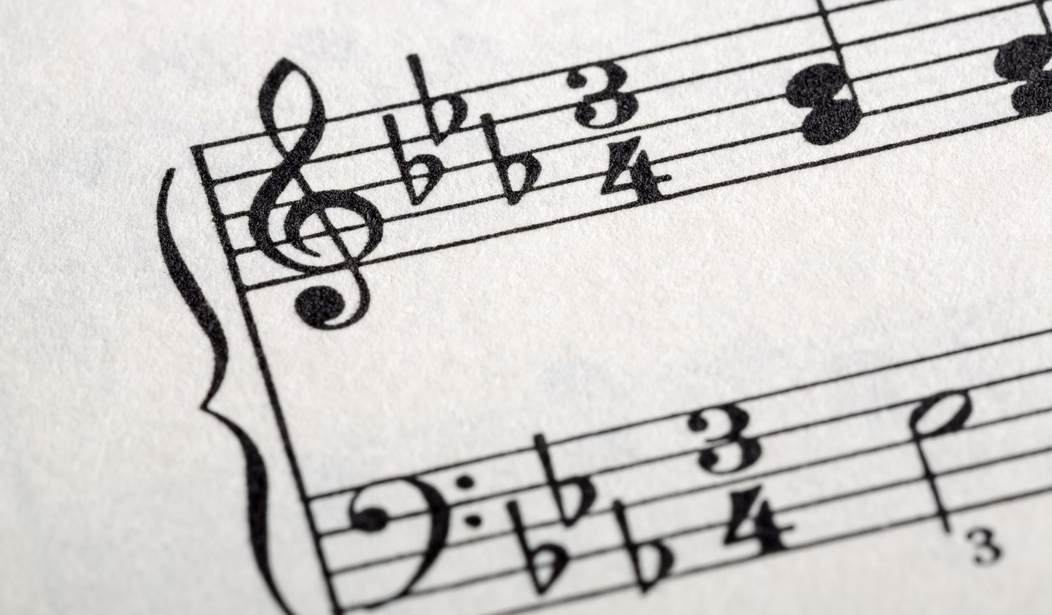Musicians know this instinctively, but now scientists have come around as well:
Given the antiquity, universality and deep popularity of music, many researchers had long assumed that the human brain must be equipped with some sort of music room, a distinctive piece of cortical architecture dedicated to detecting and interpreting the dulcet signals of song. Yet for years, scientists failed to find any clear evidence of a music-specific domain through conventional brain-scanning technology, and the quest to understand the neural basis of a quintessential human passion foundered.
Now researchers at the Massachusetts Institute of Technology have devised a radical new approach to brain imaging that reveals what past studies had missed. By mathematically analyzing scans of the auditory cortex and grouping clusters of brain cells with similar activation patterns, the scientists have identified neural pathways that react almost exclusively to the sound of music — any music. It may be Bach, bluegrass, hip-hop, big band, sitar or Julie Andrews. A listener may relish the sampled genre or revile it. No matter. When a musical passage is played, a distinct set of neurons tucked inside a furrow of a listener’s auditory cortex will fire in response.
Other sounds, by contrast — a dog barking, a car skidding, a toilet flushing — leave the musical circuits unmoved.
As I noted the other day, science and music exist in a symbiotic relationship, each one describing an essential truth the other cannot detect.
The new paper “takes a very innovative approach and is of great importance,” said Josef Rauschecker, director of the Laboratory of Integrative Neuroscience and Cognition at Georgetown University. “The idea that the brain gives specialized treatment to music recognition, that it regards music as fundamental a category as speech, is very exciting to me.” In fact, Dr. Rauschecker said, music sensitivity may be more fundamental to the human brain than is speech perception. “There are theories that music is older than speech or language,” he said. “Some even argue that speech evolved from music.”
And though the survival value that music held for our ancestors may not be as immediately obvious as the power to recognize words, Dr. Rauschecker added, “music works as a group cohesive. Music-making with other people in your tribe is a very ancient, human thing to do.”
Elizabeth Hellmuth Margulis, the director of the Music Cognition Lab at the University of Arkansas, said that when previous neuroscientists failed to find any anatomically distinct music center in the brain, they came up with any number of rationales to explain the results.
“The story was, oh, what’s special about music perception is how it recruits areas from all over the brain, how it draws on the motor system, speech circuitry, social understanding, and brings it all together,” she said. Some researchers dismissed music as “auditory cheesecake,” a pastime that co-opted other essential communicative urges. “This paper says, no, when you peer below the cruder level seen with some methodologies, you find very specific circuitry that responds to music over speech.”
God’s first words in Genesis, after all, are: “Let there be light.” The sounds came before anything else.









Join the conversation as a VIP Member